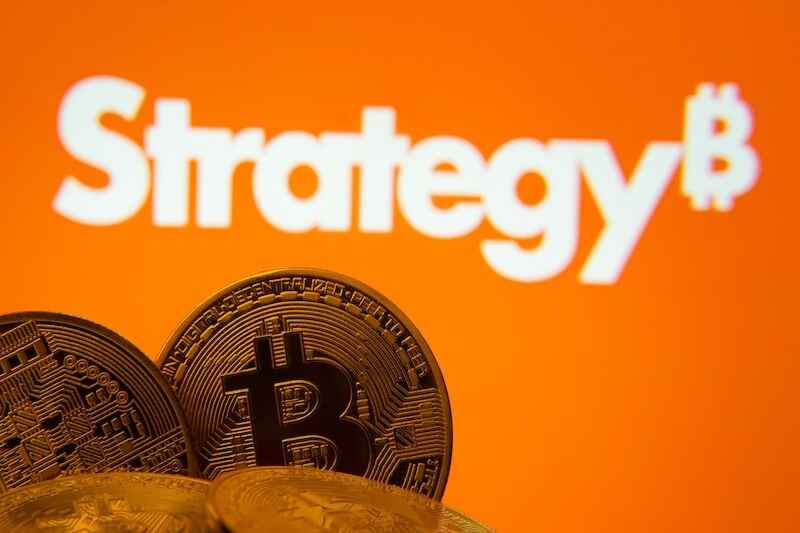Your No. 1 Crypto Question, Answered
Joe Hill|December 12, 2020

The mailbag is overflowing!
I received dozens upon dozens of responses to my piece on how to make your first cryptocurrency trade.
Readers asked:
- What kinds of fees can be expected?
- Are there decent exchanges outside of Coinbase?
- Can you invest in crypto through an online brokerage like E-Trade or Robinhood?
- Is it possible to hold crypto in an IRA or 401(k)?
- How can you purchase goods and services with crypto?
- Is there an automated way (like trailing stops) to protect against volatility?
- How is the crypto-USD exchange rate calculated?
- And more.
I’m floored by the enthusiasm. But there is NOT enough space in the Bulletin for me to address all of the messages we received.
I’ll address the most common question in just a moment. But before I do… I have a proposal for you.
I don’t want to shortchange anyone who took the time to write in. So Andy and I decided that, over the coming weeks, we’re going to put together a special crypto FAQ for all Manward subscribers.
The goal is to answer every question we received… and share some basic tips for smart crypto investing. Look out for it in early 2021. So keep those questions coming in the meantime.
Now on to readers’ most burning question…
Let’s talk crypto wallets.
A Billfold for Bitcoin
Roughly a third of replies to last week’s Bulletin were concerned with what you should do with your crypto after you buy it.
Coinbase allows you to store crypto right in your account – or “on the exchange.” You can do this with other exchanges as well, but most crypto traders don’t for fear of getting hacked.
(It probably goes without saying that, unlike the dollars in your bank account, Bitcoin and other digital currencies are just like gold or artwork and are not FDIC insured. So if a hacker rips you off… well, that’s between you and the police.)
You can always lower your risk by doing things like changing your password once a month… using two-factor authentication… downloading a password manager… etc.
But most crypto investors would rather take their coins off the exchange entirely and transfer them to a wallet.
A crypto wallet is exactly what it sounds like: A safe place for you to store your crypto until you’re ready to use it. It’s an added layer of complexity, sure. But it creates an added layer of protection for your investment.
There are a few types of wallets you can choose from…

- Mobile wallet: A smartphone app that secures your crypto and enables you to access it on the go. Coinbase offers its own secure wallet app – helpfully labeled “Wallet.” Jaxx Liberty is another free option that I’ve personally used.
- “Cold” wallet: Taking your crypto completely offline and putting it on a mini hard drive or USB stick.
Each comes with its own pluses and minuses. A mobile wallet, for example, is probably the most convenient option for crypto traders. It grants you the ability to buy and sell quickly. Some mobile wallets will even allow you to use your crypto as a currency to pay for goods and services on the go. However… it is less secure than cold storage in the same way that the cash in your billfold is less secure than the cash in your home safe.
A paper wallet comes with caveats as well. The most glaring concern is that you’re required to upload your crypto details to a third-party website. It’s recommended that you take your computer offline while your random key is being generated, among other security measures. (There’s a solid rundown of the procedure here from bitcoinpaperwallet.) This type of wallet also may not appeal to folks like me who tend to store critical data on the backs of old water bills.
The bottom line is that crypto wallets are not one-size-fits-all. Before you create one, you should consider all of the details I’ve shared with you today… and be sure to look out for our forthcoming crypto FAQ. We’ll be sure to include even more in-depth commentary on wallets.
For now, as I said up top, keep those crypto questions coming. You can email us anytime at mailbag@manwardpress.com.



